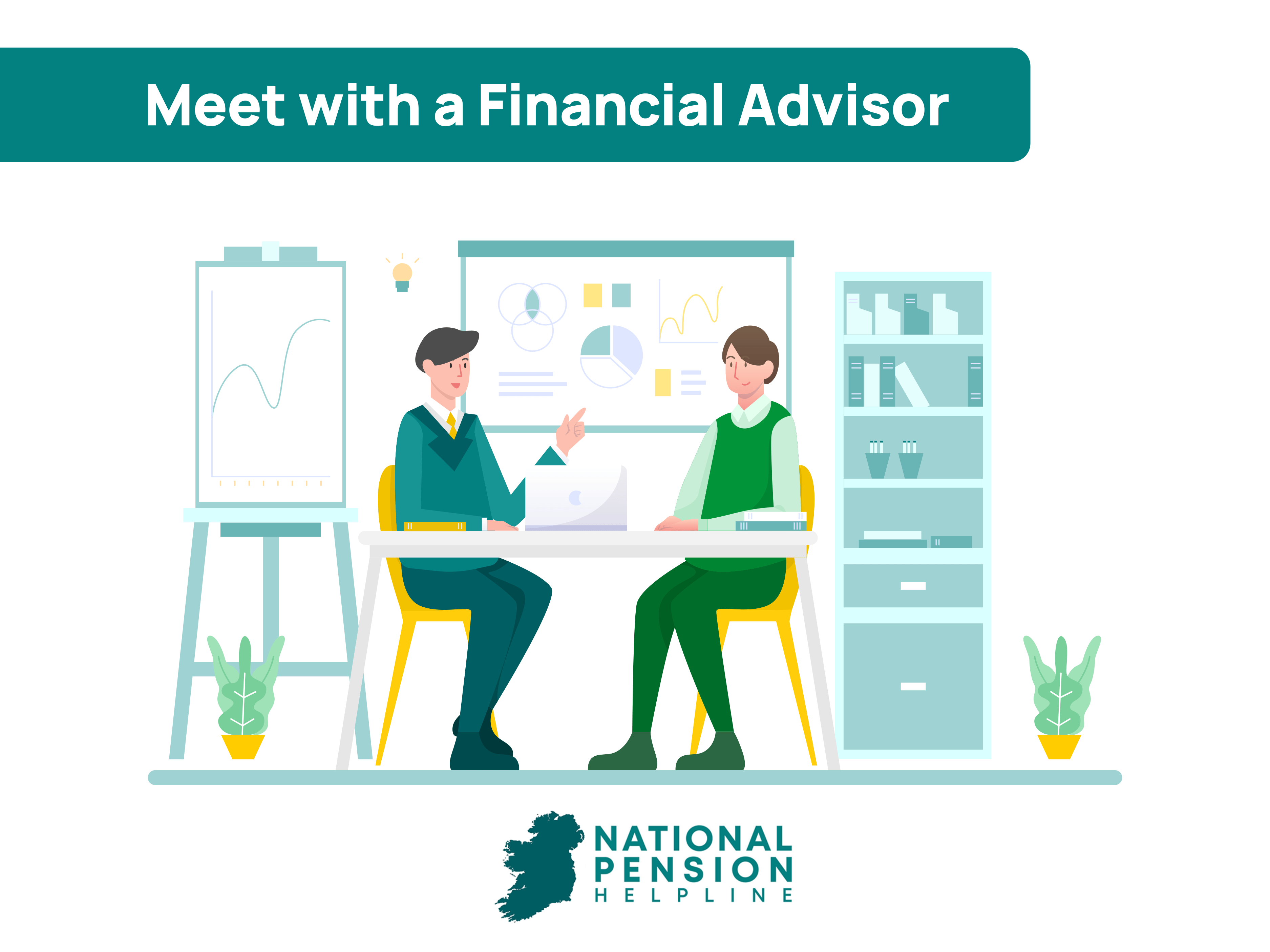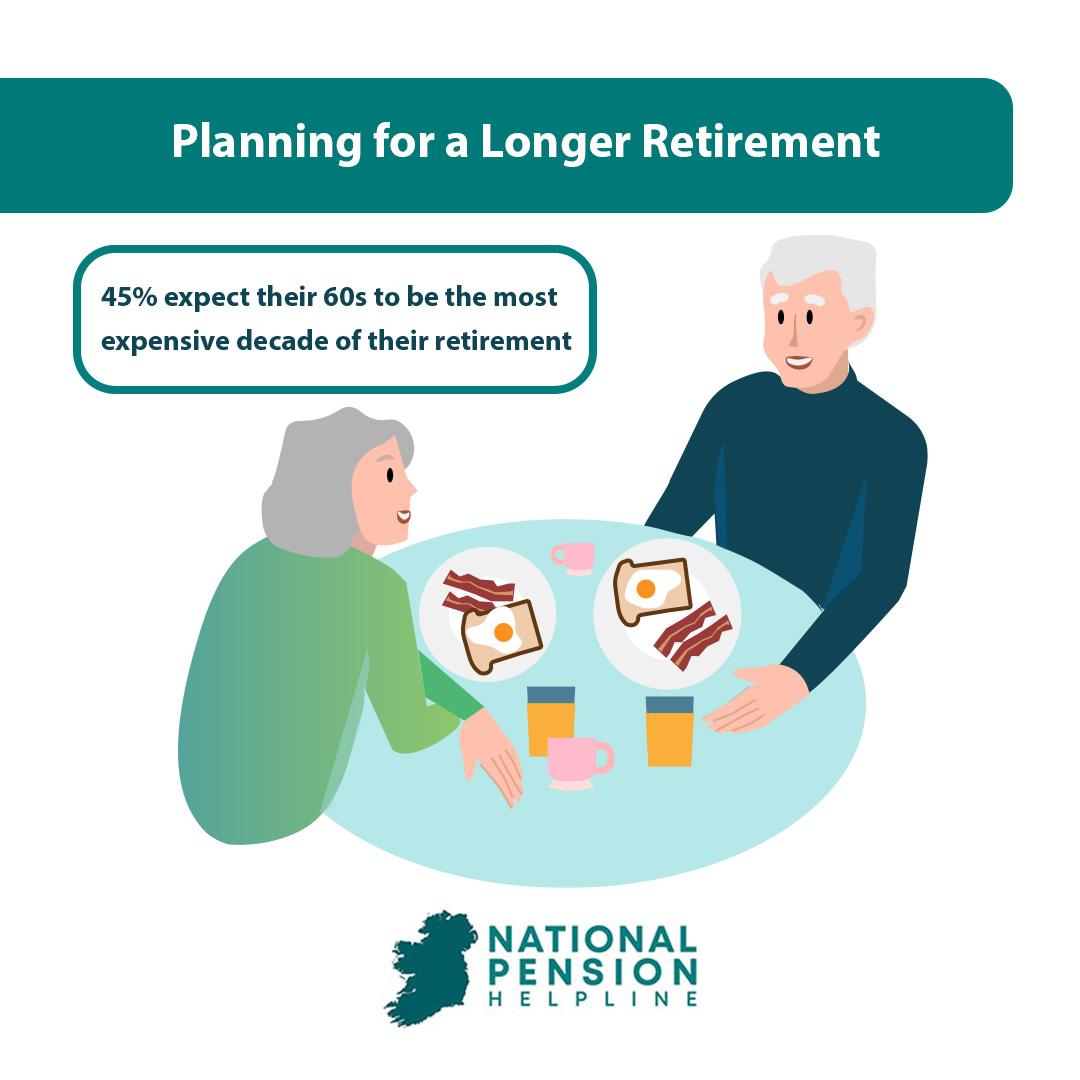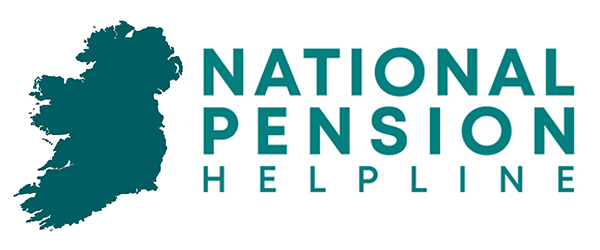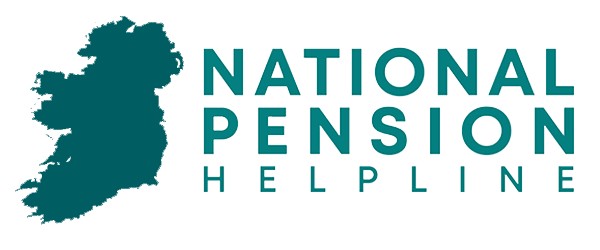A recent survey carried out by Royal London Ireland, who provide pensions, personal and business protection in Ireland, looked at respondents’ expectations around funding their retirement.
The survey results suggested that almost half of the survey respondents (45%) expect their sixties to be the most expensive decade of their retirement, while 38% believed that their seventies would be most expensive.
Less than one fifth of respondents expect their 80’s and 90’s to be the most expensive decades of retirement, with just 3% or less considering their 90’s to be the most expensive decade of retirement.
Table of Content
Retirement expenditure
The Royal London Ireland survey looked at some of the costs associated with retirement. These costs may vary depending on your circumstances but many will apply to all retirees.
Here are some of the costs outlined in the survey:
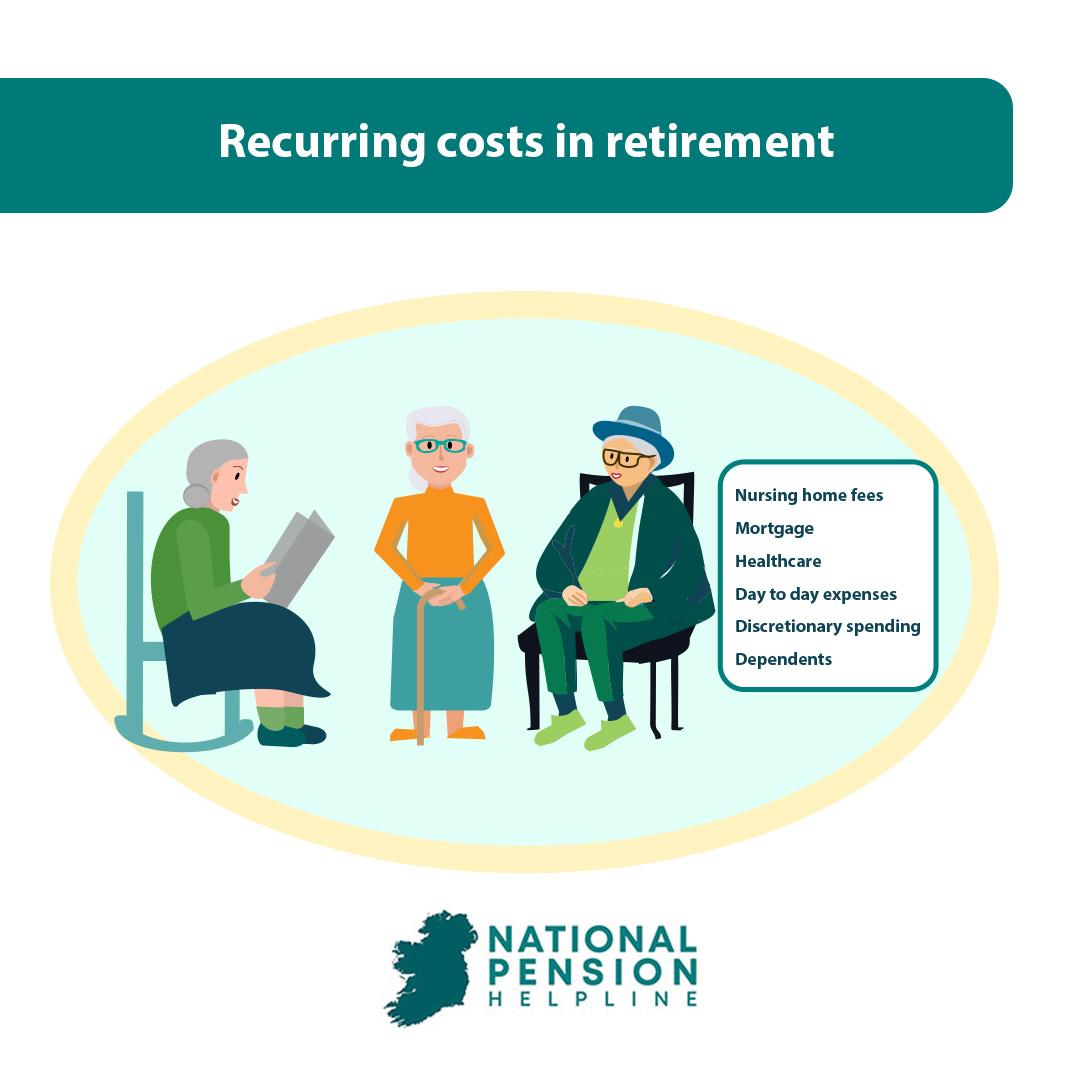
Retirement planning
Mark Reilly, Pension Proposition Lead with Royal London, discussing retirement provision, said “People often underestimate the amount of money they will need, and the amount of time they will spend, in retirement. But when you look at this list, you see that life very much goes on in retirement and with it so too do the costs”.
This highlights the importance of planning for your retirement, as without a realistic estimate of the costs associated with the type of retirement you envisage, you may underestimate how much retirement income you will need.
Longevity means that planning for your retirement must also take a longer life expectancy into account. This means planning for expenses that you will need to meet in your 80’s and 90’s and maybe even older as a centenarian or supercentenarian!
Starting a pension
People are living longer and healthier lives than ever before and starting a pension early is a crucial part of planning for a long retirement. That being said, if you are yet to start your pension, it is never too late to start.
Starting a pension is the first step towards a financially secure retirement as a pension plan is essentially a savings plan for your retirement. You can benefit from long term savings growth, as well as lower your income tax the earlier that you start
If your employer does not provide you with access to an occupational pension, you may choose to contribute to a personal pension or private pension. There are also significant tax incentives to do so, depending on your age and earnings.
The Government has also announced a new Auto Enrolment Retirement Savings System, or auto enrolment pension scheme, for those in employment. Under this scheme, which is voluntary, your pension contributions will be topped up by contributions from your employer and the Government. Auto enrolment is due to begin in January 2025.
Cashing in your pension
Cashing in your pension from the age of 50 is a great option for Irish citizens who are looking to wipe out any post retirement expenditure such as their mortgage or other debts.
If you have a pension from an old employer, an executive pension, or a PRSA, you may be able to access this pension in certain circumstances. Defined benefit pensions, in particular, can have a higher value than you may expect.
You may be able to withdraw up to 25% of your pension as a tax free lump sum. A pension valued at €800,000 could lead to you being able to draw down a tax free lump sum of €200,000. This is the upper limit allowed.
It is not always prudent to consider cashing in a pension early as retirement expenses will need to be met but taking a tax free lump sum may be more tax efficient than receiving a pension income which is taxable at a later date.
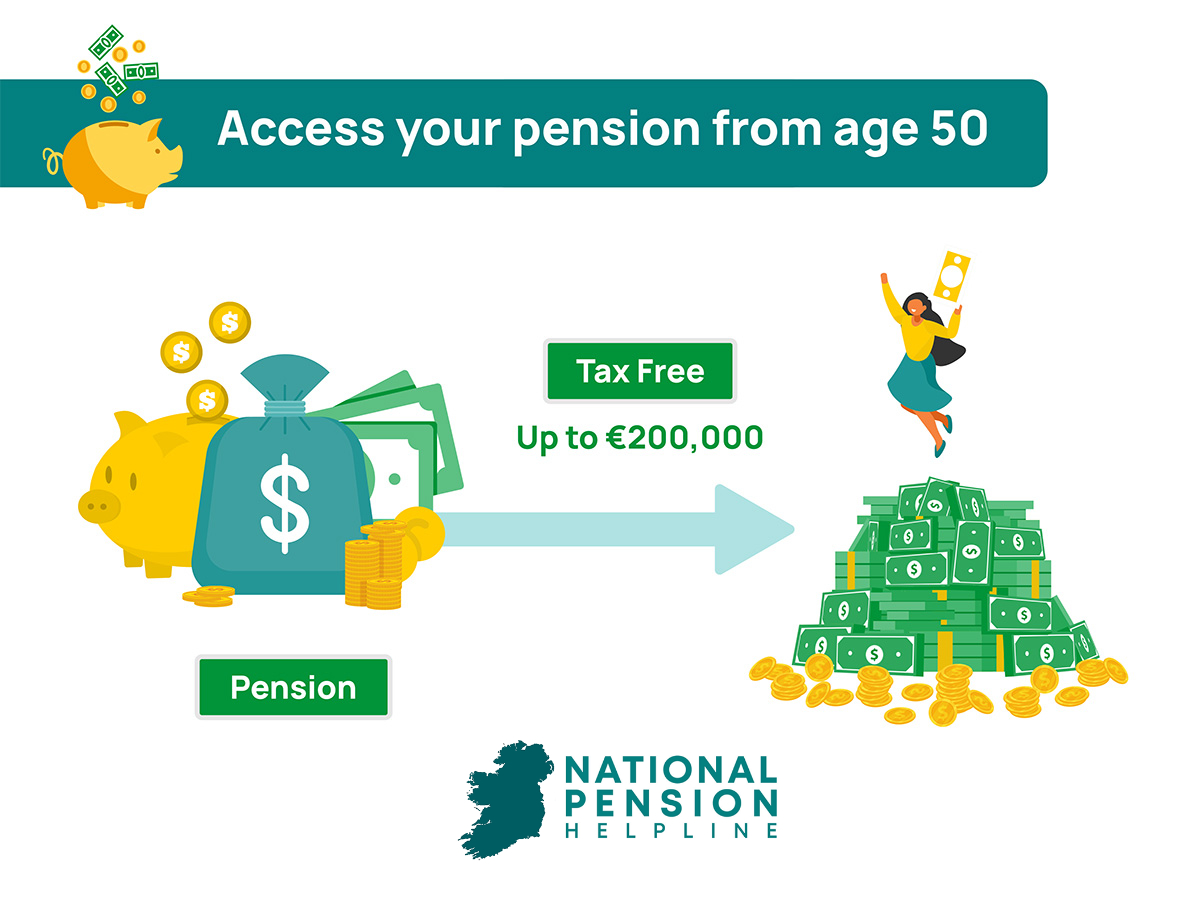
Speak to a financial adviser today
National Pension Helpline can offer you pension and financial advice so that you can take control of your retirement finances in your 60’s, 70’s and beyond.
It is never too early or too late to think about your retirement options. We offer advice on how to make the best provision for your retirement, as well as how to maximise your retirement income with a full pension review.
Fill in our online assessment form or call us and a qualified pension advisor will contact you.
